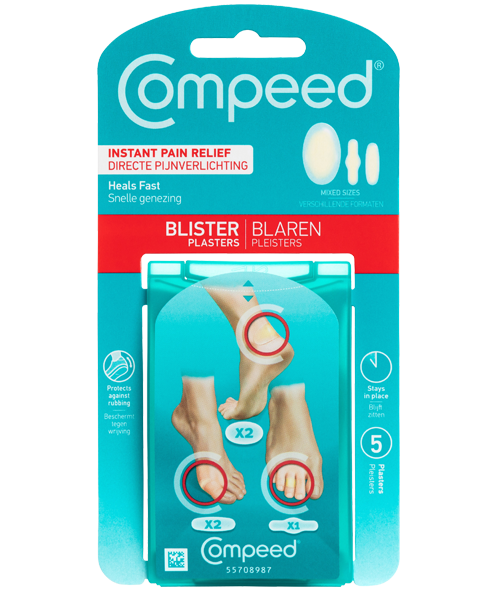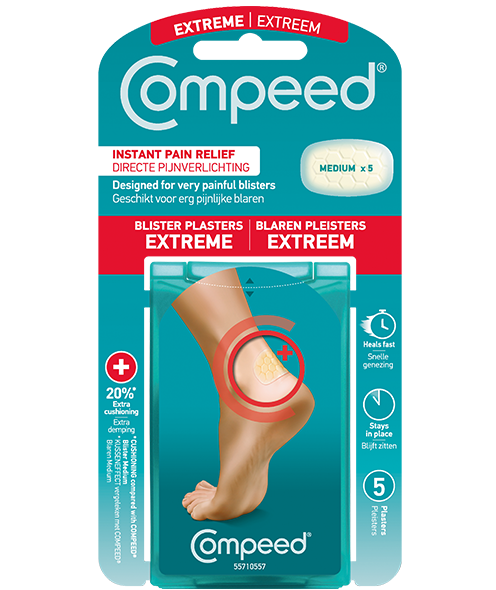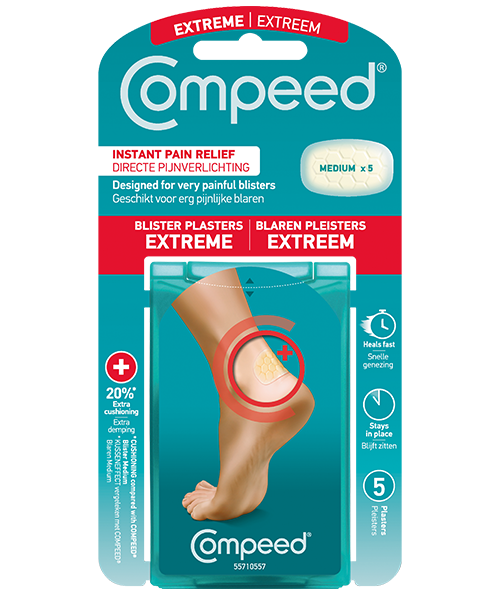When Paul Sinton-Hewitt first organised a simple, timed 5K run at Bushy Park in 2004, he couldn’t have imagined the worldwide movement that would eventually follow. What began as a local gathering of 13 runners has grown into parkrun, an inclusive, community-driven initiative with a global footprint. Paul’s vision—to create a free, accessible event promoting health and community—resonated with people across the UK and quickly gained traction beyond it. Today, parkrun is a registered charity operating in over 20 countries, providing millions of people with a welcoming space for physical activity, whether they want to walk, jog, or run.
As parkrun expanded, it continued to hold fast to its foundational values of accessibility, inclusivity, and community. The events have not only become a staple of weekend routines for participants but also a proven means of supporting physical and mental health. From unique locations in remote South Africa to urban parks in Europe, each event upholds Paul’s original commitment to inclusivity. Now celebrating its 20th anniversary, parkrun shows no signs of slowing down, and with new partnerships and innovative goals, it is poised to continue inspiring communities around the world for years to come.
Compeed caught up with Paul to discuss parkrun’s background and evolution, as well as the importance of volunteers and partners—including Compeed, who joined as an official partner in 2023.


Hi Paul, thanks for chatting to us. parkrun’s growth in the last 20 years is nothing short of astounding, can you explain how it started to move from borough to borough in London to country to country around the world?
I really didn’t expect it would be anything more than a Saturday event in Bushy Park and I was reluctant at first when I was approached about having a second event at a different location, how would it work? Would it feel the same? But I am so pleased that the second event happened at Wimbledon Common. From then it happened really naturally, people experienced it, but wanted it closer to home, so they took it back to their communities and then it grew to the outskirts of London, to outside of London to outside the UK – it’s amazing really.
What were some of the key milestones in parkrun’s expansion across the globe? Are there particular countries or events that surprised you with their success?
We’re in some unique places, places I never expected parkrun to be! We have them all, from really remote locations in South Africa and events that require a ferry crossing, to events on military bases, and those in places of natural beauty! The first international parkrun was in Zimbabwe, however, Copenhagen was the first international parkrun that’s still in existence today.
For me a few moments really stick out. Reaching the one millionth registered parkrunner just felt incredible at the time and now we’re at 10 million! Launching our first parkrun in a prison was something I never could have imagined, seeing the impact that the magic of parkrun has on those impacted by prison is phenomenal. Seeing GP practices partnering with parkrun events to socially prescribe parkrun to help with mental and physical health, we’re reaching those who could benefit the most.


At what point in parkrun’s journey did you realise it was going to be something much bigger than you could imagine? Was it exciting, daunting, challenging? Anything you’d have done differently?
The introduction of Wimbledon Common parkrun marked the beginning of a much larger movement. It was no longer a small gathering of friends – it was growing into a community event that required more organisation, volunteers, and a stronger framework. This was when volunteer roles were introduced as an essential part of the event’s success. The community – the runners themselves – needed to take ownership.
Over time, parkrun’s mission expanded beyond running. While it started as a running event, it evolved into a health and wellbeing charity. We wanted to ensure everyone was included, removing as many barriers as possible to taking part and inclusivity became central to the parkrun ethos. Even now, not a day goes by that people don’t tell me how incredible parkrun is, as it has changed into something so much more impactful on people’s mental and physical health. parkrun’s reach has gone beyond my previous ambitions and is something I’m incredibly proud of.
parkrun emphasises inclusivity and participation over competition. How did this philosophy shape the movement, and why do you think it resonates so deeply with people around the world?
Inclusivity was always at the heart of parkrun, even at that very first event we celebrated the final finishers as much as the first, it was never about the times, but about the people, the connections and the community. This is what connects people all over the world. These principles became enshrined in our DNA when we described the purpose of the Charity through our Objects.


The ‘no barriers’ ethos is core to parkrun’s identity. What steps have you taken to make sure the event is welcoming to everyone, regardless of fitness level or background?
We are constantly researching the barriers to participation and taking steps to ensure parkrun is as open to everyone as it can be. For example, we knew people were worried about coming last, so we introduced a compulsory tail runner, and then we realised that people felt they had to run, so we renamed the role to tail walker. We want to reach those who could benefit the most from parkrun, programmes such as parkrun in prisons, and we’re committed to always remaining free, striving to make parkrun as inclusive as we can be.
When introducing Junior parkrun, we realised that the earlier you make the activity a part of a child’s life the more certain we and they are that this habit will become lifelong.
What words of encouragement do you have for someone who hasn’t yet tried parkrun? Maybe they aren’t sure how it works or are nervous about trying something new around strangers?
I would say, just give it a go! You’ll never find anywhere more welcoming and inclusive, it doesn’t matter if you want to walk, run, volunteer or spectate. If you’ve never been active or if activity is already a part of your life, whether you want to meet new people or spend some time with yourself, parkrun is for you.
parkrun has just celebrated its 20th anniversary. What does that milestone mean to you personally, and to the wider parkrun community?
20 years! I honestly can’t believe it, I never thought it was possible, yet here we are, and will be for many years to come. It’s just amazing, and to hear everyone’s incredible stories and see their love for something which I started all those years ago – it’s just – wow!


As you look ahead to the future, what’s next for parkrun? Are there any particular goals or challenges you’re looking to tackle in the coming years?
There will be challenges I am sure, as we continue to break down barriers to participation, but I am personally so excited for all the people who are yet to find parkrun, yet to have their life transformed – that excites me.
How important are partners like Compeed in supporting parkrun’s mission? What role do they play in ensuring parkrun continues to grow?
Our partners are vital in helping parkrun grow. We’re so thankful that Compeed and our other partners believe in the magic of parkrun. Not only am I so grateful for the financial support which allows us to offer events for free to parkrunners, but that you help us to reach new people.
Can you talk about the ‘hidden costs’ involved in organising parkrun events? What are some of the less obvious but essential aspects that partners help cover?
There are a lot of costs associated with safely putting on more than 1,300 events in the UK every weekend. There are costs for insurance, safeguarding for when incidents happen, delivering more than 230,000 results every weekend, technology, a communications team to help us reach new people – the list goes on!
Can you tell us about the importance of being selective when it comes to choosing partners? Why they need to be relevant and share similar ethics / goals.
We are very careful when working with other organisations, they have to understand and support our vision, otherwise the partnership just doesn’t work. We partner for several years and real collaboration and shared values is where we see the most success.


Do you have a message for Compeed and other partners who support parkrun? What does their support mean to you and the parkrun community?
A huge thank you. We love working with partners and I know that Compeed will have kept many parkrunners moving forward, helping them to reach their goals. The support of partners is crucial, as it enables us to create a welcoming and inclusive environment for everyone involved. Without our partners, the work we do at parkrun simply wouldn’t be possible, and we’re incredibly grateful for their commitment to our community.
Thanks, for your time Paul! Compeed is incredibly proud to be one of a select group of parkrun supporters, we look forward to helping the organisation go from strength to strength in the coming years.















